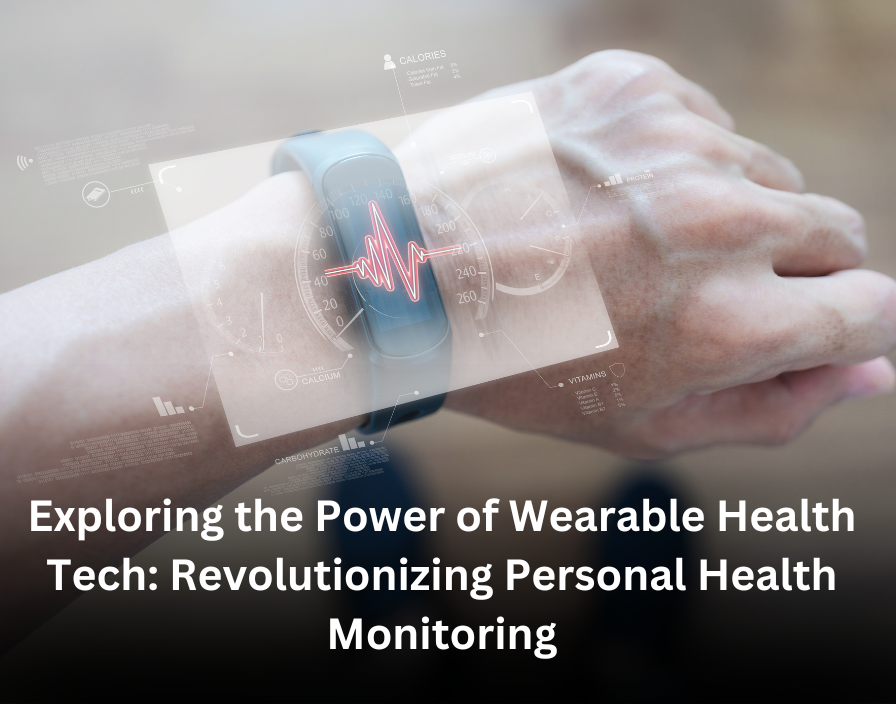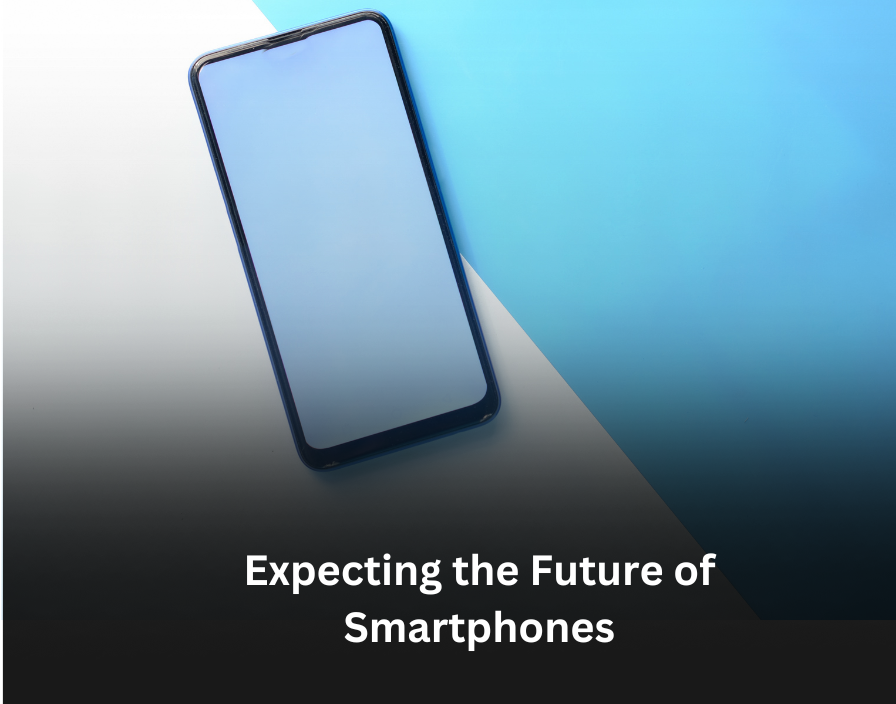Exploring the Power of Wearable Health Tech: Revolutionizing Personal Health Monitoring

The emergence of wearable health technology has transformed the way we monitor and improve our overall well-being. Beyond the realm of fitness trackers and smartwatches, wearable health tech devices have evolved to encompass a wide range of innovative solutions. These devices, such as smart clothing, smart rings, and smart glasses, are equipped with embedded sensors and advanced technologies that enable individuals to track and analyze various aspects of their health. In this post, we will delve into the remarkable capabilities of wearable health tech, highlighting some notable examples and their potential impact on personal health monitoring.
Smart Clothing:
Smart clothing represents a significant breakthrough in the field of wearable health tech. These garments are embedded with sensors that can monitor biometric data, including heart rate, respiration rate, body temperature, and even muscle activity. The sensors seamlessly integrate with the fabric, allowing users to comfortably wear and utilize the technology. Smart clothing can be particularly useful for athletes, patients recovering from injuries, and individuals with chronic health conditions who require continuous health monitoring. The data collected by smart clothing can be wirelessly transmitted to smartphones or other devices for analysis and interpretation by healthcare professionals or individuals themselves.
Smart Rings:
Smart rings are compact, stylish wearable devices designed to monitor various aspects of health, including sleep patterns, activity levels, heart rate, and even stress levels. Equipped with advanced sensors, these rings can provide valuable insights into sleep quality, helping users identify patterns and make necessary adjustments to improve their sleep hygiene. Additionally, by tracking activity levels and heart rate, smart rings can assist individuals in monitoring their fitness goals and maintaining an active lifestyle. Some smart rings also offer features like notifications for important events, such as incoming calls or messages, making them multifunctional accessories.
Smart Glasses:
Smart glasses have gained significant attention for their potential to assist individuals with visual impairments. Equipped with augmented reality technology, these glasses can enhance the vision of visually impaired individuals by providing real-time information about their surroundings. By detecting objects, reading text, and recognizing faces, smart glasses can help users navigate their environment more independently and confidently. Furthermore, smart glasses can be integrated with health monitoring capabilities, such as tracking heart rate, steps taken, and calories burned, thereby providing a comprehensive solution for personal health monitoring.
The Impact of Wearable Health Tech:
The advent of wearable health tech has opened up new possibilities for personalized health monitoring and management. These devices empower individuals to take a proactive approach to their well-being, enabling them to track and analyze their health data in real-time. By gaining insights into their daily activities, sleep patterns, and vital signs, users can make informed decisions about their lifestyle choices, set goals, and monitor progress towards achieving them. Wearable health tech also has the potential to revolutionize healthcare by enabling remote patient monitoring, early detection of health issues, and facilitating timely interventions.
Conclusion:
Wearable health tech devices have transformed the landscape of personal health monitoring, extending beyond traditional fitness trackers and smartwatches. Smart clothing, smart rings, and smart glasses equipped with advanced sensors are revolutionizing the way we monitor and manage our health. These devices provide valuable insights into various biometric data, sleep patterns, activity levels, and more, empowering individuals to make informed decisions about their well-being. With ongoing advancements in technology, wearable health tech is poised to play a significant role in promoting a healthier and more connected future.




